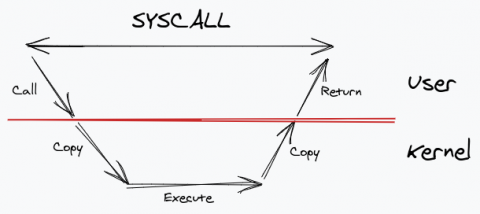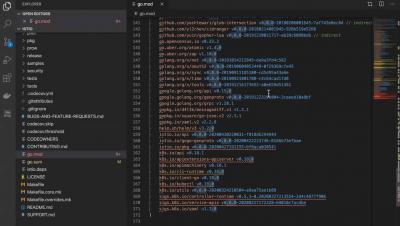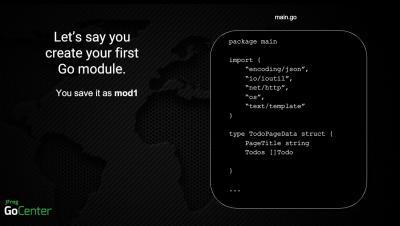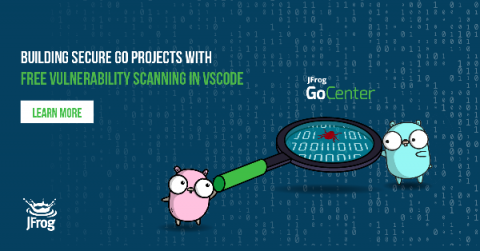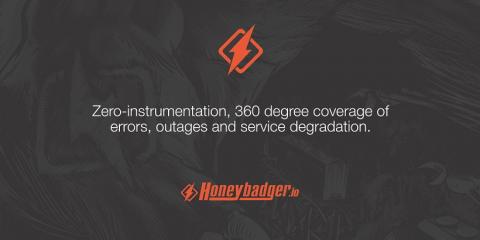Getting hands-on with io_uring using Go
In Linux, system calls (syscalls) are at the heart of everything. They are the primary interface through which an application interacts with the kernel. Therefore, it is vital that they are fast. And especially in a post-Spectre/Meltdown world, this is all the more important.


